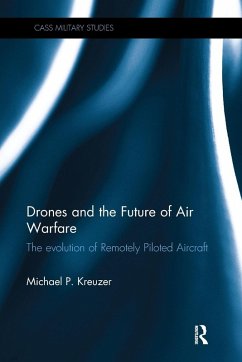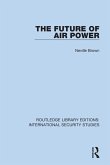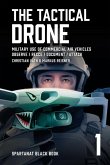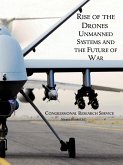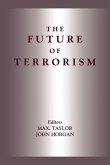This book examines the evolution of airpower and specifically the growth and proliferation of Remotely Piloted Aircraft (RPAs). While most existing literature examines either the law or ethics of RPAs, and some newer scholarship looks to the battlefield effectiveness (the gains from strikes versus the potential for 'blowback, etc.), this work investigates it from a broader military perspective. It examines the strategy for employment of RPAs across the spectrum of warfare, the potential deterrent value of RPAs in some circumstances, and the resulting ability of RPAs to fundamentally shift the character of when and how wars are fought. The central aim of this book is to evaluate the role of 'drones' in warfare to date, and make basic projections on how states will adopt RPAs and UCAVs in the future. At the core is the goal of answering a broad, underlying research question: How will the RPA innovation impact military strategy and international security? This book will be of much interest to students of airpower, drone warfare, military and strategic studies, security studies and IR.
Hinweis: Dieser Artikel kann nur an eine deutsche Lieferadresse ausgeliefert werden.
Hinweis: Dieser Artikel kann nur an eine deutsche Lieferadresse ausgeliefert werden.

